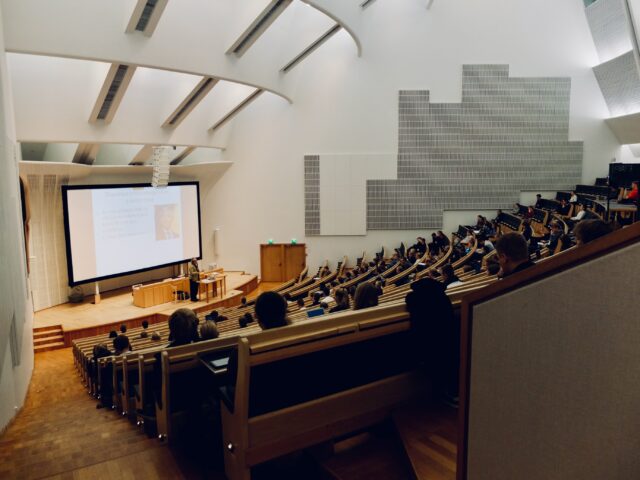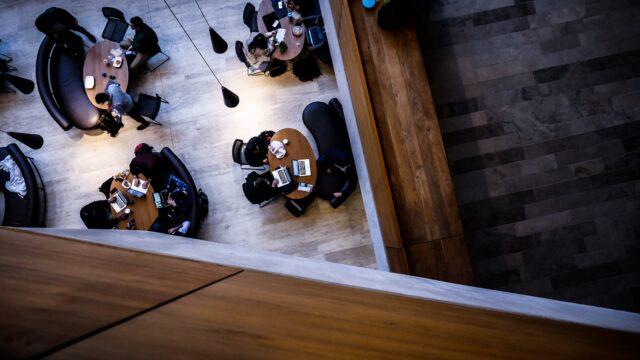Kenjgewin Teg and Mitacs have partnered to bring new funding and supports to Kenjgewin Teg’s staff, students, and partner organizations. Under the partnership, Kenjgewin Teg staff and students will have access to Mitacs funding opportunities, programs, and training. The institution’s partner organizations will also have the opportunity to secure funding to further advance Indigenous-driven research. “Kenjgewin Teg is excited to continue building a solid foundation as we begin moving forward in Anishinabek research in ways that are relevant and useful not only to Anishinabek education but to our Nation too,” said Kenjgewin Teg President Beverley Roy. “An important part of this work includes attracting and recruiting Indigenous and Anishinabek researchers, scholars, and graduate students to help us identify research priorities for the benefit of future generations.”

